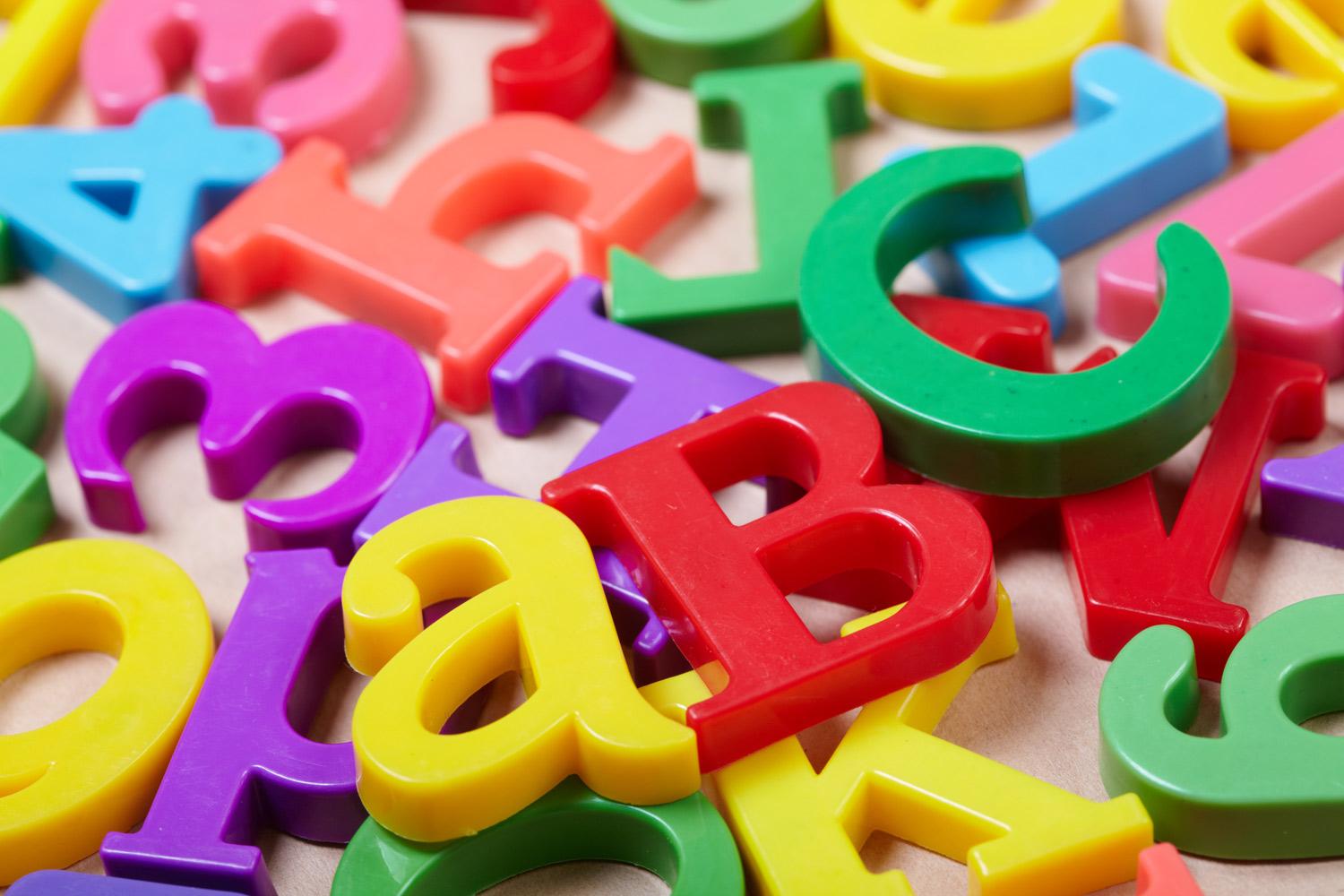
Growing Readers Together
December Tips for Kindergarten Parents
How to help your child hear sounds in words
Play I Spy: Using objects around your home or while traveling, play I Spy, but break the word into syllables. EX: "I spy a: butt-er-fly, foot-ball, com-pu-ter, re-frig-er-a-tor, pump-kin, ba-nan-a, etc. Take turns being the guesser.
Help Your Child Recognize Letters and Letter Sounds
- Play letter games on your computer/tablet/phone. Call out a letter for your child to type and see how quickly he can find and type it. Ask your child to type the letters in the alphabet or the letters in his name.
- Play Rhyme Time. Say, "I'm thinking of something that begins with the sound of letter T, and it rhymes with wreath." (teeth) "I'm thinking of something that begins with the sound of letter M, and it rhymes with house." (mouse) Do this with other letters, too. This is another great travel game.
Tips for Listening to Your Child Read
One of the best ways you can support your beginning reader is by making reading time a priority. Listen to him read every evening. Here are some tips for making the most out of this precious time with your child.
• Make each reading time a positive, encouraging experience for your child. Point out things that he is doing well. Remember that success breeds success.
• Beginning readers will memorize their books at first. This is one of the earlier stages of learning to read. Help your child see himself as a successful reader.
• Talk with your child about the title of the book and make predictions about what it might be about. Good readers are always seeking to understand the text.
• As your child reads, talk with him about what is happening in the story. Discuss characters’ feelings and make predictions.
• Do NOT cover up the pictures when your child reads. We are teaching the children that good readers use the pictures to help them figure out the words that they are reading.
• Encourage your beginning reader to point to each word as he reads. This helps him to attend to each written word on the page. He is learning that one spoken word must match one written word of text. After several months, most children will stop pointing to the words on their own.
• When your child comes to an unknown word, wait five seconds before saying anything.
If your child makes a mistake and does not notice it, WAIT until the end of the sentence. Then you can say, "You said _______. Does that look right? Does that sound right? Does that make sense?"



